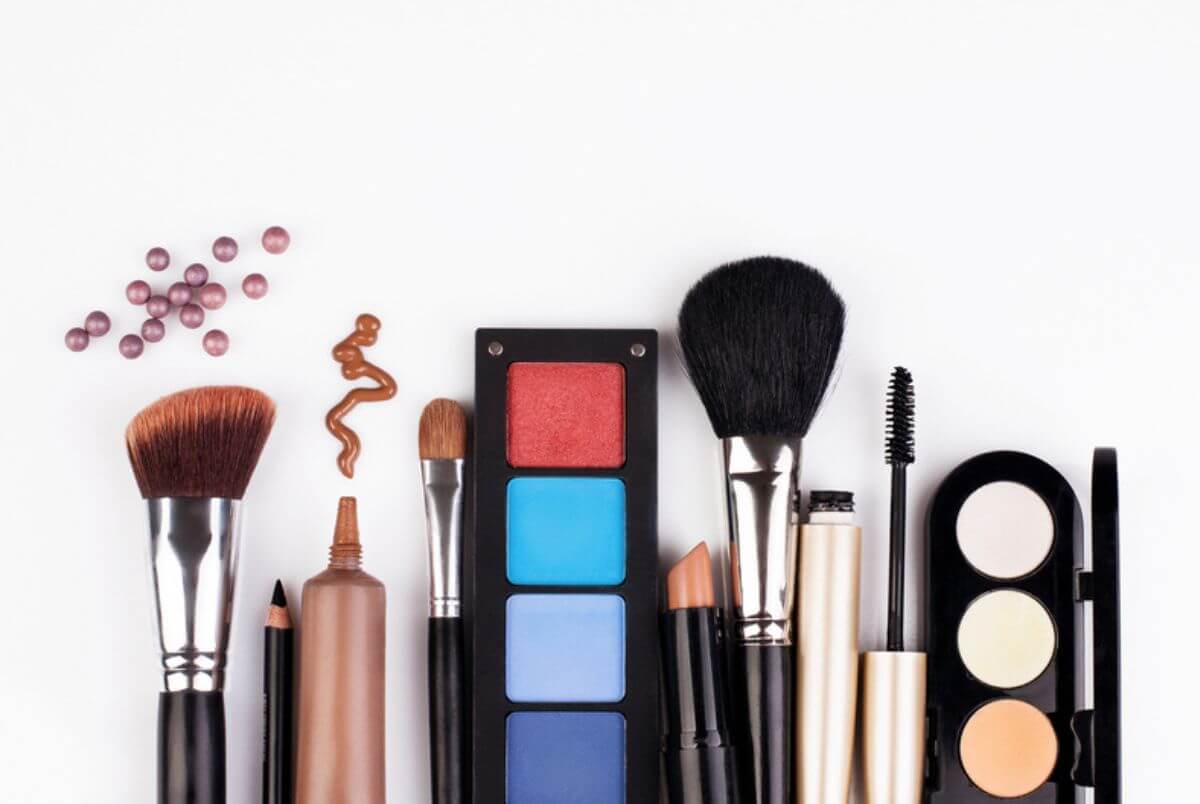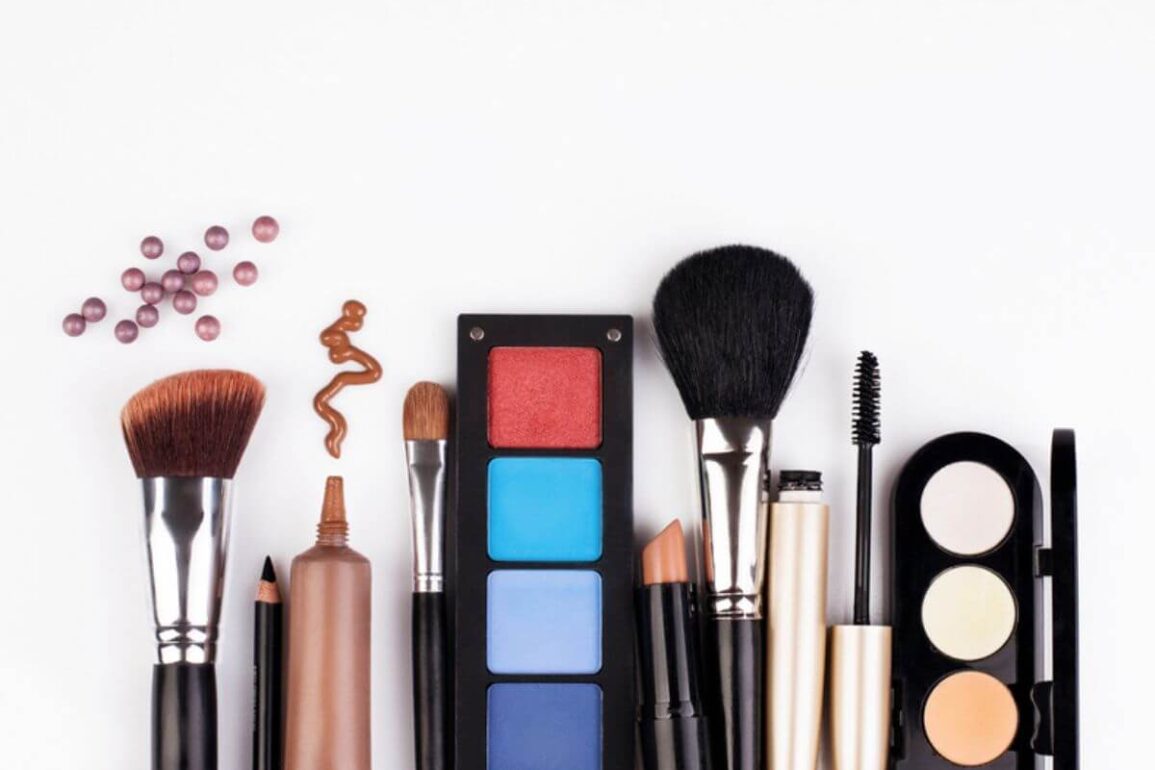
A common concern of women in the USA
Those living in the USA likely know that the U.S. Food and Drug Administration (FDA) is responsible for protecting and promoting public health. This federal agency of the U.S. Department of Health and Human Services oversees basic food safety and some other products. But, when it comes to cosmetics, they have less authority. Basically, cosmetics are not FDA-approved, however, they are FDA-regulated. When it comes to cosmetics, this lesser role of the FDA leaves women to ponder and ask, “How safe are my cosmetics?” It depends.
What does cosmetics mean?
The term cosmetics is a general one. It can mean makeup – but it can also include body creams and moisturizers, hair products, toothpastes, deodorants, nail polish, perfume, and more… you get the picture. The term cosmetics ultimately covers a large spectrum of beauty products. The Federal Food, Drug, and Cosmetic Act defines cosmetics by their intended use to beautify, promote attractiveness, or alter appearance.
What is the FDA’s role in cosmetics?
Note that the U.S. Food and Drug Administration’s authority over cosmetics is different than other products that they regulate. Per the FDA, “Under the law, cosmetic products and ingredients do not need FDA premarket approval, with the exception of color additives. However, FDA can pursue enforcement action against products on the market that are not incompliance with the law, or against firms or individuals who violate the law.”
Here’s more!
Additionally, those who manufacture cosmetics, or market them, are legally responsible for the safety of their products. The FDA explains that neither the law nor FDA regulations require specific tests to determine the safety of ingredients in products. They also note that recalls of cosmetics are voluntary actions taken by manufacturers or distributors. But, if reliable information exists that cosmetics are adulterated or misbranded, FDA can pursue action.
Scary facts
WebMD, a leading source of reliable health information, reported in 2021 that the average woman in the US uses 12 cosmetic products composed of 168 chemical ingredients daily. They explain that some ingredients may not be safe for human use. For example, metals, part of many cosmetic ingredients, can be absorbed through the skin. In turn, they can accumulate inside the body and even cause harm to internal organs. Aside from color additives, the FDA doesn’t preapprove cosmetics or ingredients, so it’s downright scary for consumers to know what is or isn’t safe.
It’s in your hands
How safe are my cosmetics? It’s essentially up to you to read product labels, learn where and how products are sourced, and do your homework to learn which products are likely safe and beneficial and which to avoid. WebMD provides a list of some chemical ingredients found in some makeup and known to be harmful. They urge consumers to reduce or limit exposure to them. To obtain a list featuring some chemicals to avoid, read WebMD’s article entitled, Are Harmful Chemicals Hiding in Your Cosmetics? Due to the complexity of ingredients in makeup, women are encouraged to seek the advice of a medical professional when it comes to addressing skincare issues and deciding which products are best for them. Preferably, one may speak to a dermatologist, a medical doctor who specializes in skin, hair, and nails, and is likely familiar with cosmetic ingredients and the safety and efficacy of skin care products. For information on anti-aging makeup tips, click here.
This article is purely informational and is not intended as a medical resource or a substitute for medical advice.
This post was originally published on this site be sure to check out more of their content.









